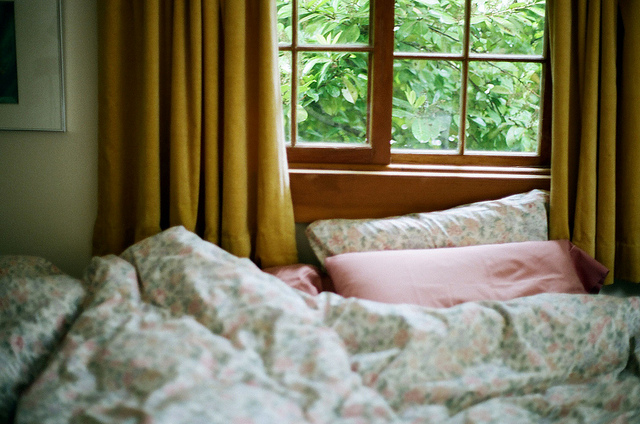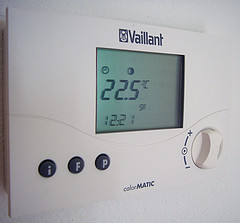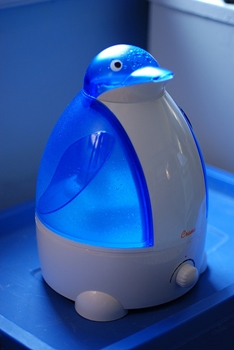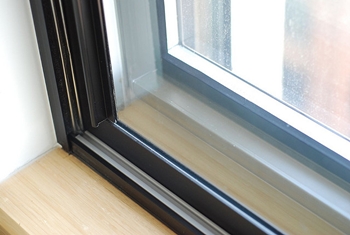 Photo Courtesy: Laura D’Alessandro
Photo Courtesy: Laura D’Alessandro
Getting a good night’s sleep is incredibly important if you want to be healthy and awake and if you want to avoid having accidents, being irritable or being confused the next day. Our sleep doesn’t only help us to build up our immune system and our general strength to fight off disease, but it is also crucial for keeping us cognizant and alert during the day. Without it we would get ill over time, but only if we didn’t first hurt ourselves through lack of concentration or awareness.
There are many things that can affect the quality of our sleep meanwhile, and many things that we need to consider before bed. Here we will look at some of those things – and you may find that some of them aren’t the things you would necessarily expect.
Heating

Your heating can have a big impact on how well you sleep and of course if you are far too hot or far too cold then this is going to impact your ability to sleep soundly. As such then it’s very important to make sure that your room is the right temperature by heating it to the correct level, but also to make sure that your bed has the correct number of blankets and things to keep you warm. Having ‘layers’ of blankets here is good idea as it enables you to throw off blankets and add them as your temperature changes throughout the night (which is normal).
Air

It’s also very important that you have a good quality of air and if it is making it difficult to breathe then of course this isn’t going to help you get a sound night. Make sure then that the moisture levels are good (use a humidifier or a dehumidifier) and get some air conditioning to help clean the air as it comes in. If you are waking up with a dry throat then this could be due to pollen and other things coming in through an open window during the night – it’s better then to have air conditioning to keep the room cool rather than letting air in from outside that might also include other pollutants such as car fumes.
Sound

A good room for sleeping should be one that has been soundproofed meaning that it needs to be as insulating as possible (so that the sound energy is absorbed rather than reflected by the surfaces). This means making sure that you have carpet instead of wooden floors, that you have heavy curtains and that you general include cushions and other soft surfaces in your room – you can even hang a rug on the wall for more insulation. Of course the insulation in your walls themselves here will also help, and you should choose a room for sleeping in that’s away from traffic and away from the noisier rooms of the house.
Light
Finally make sure to keep as much light out of your room as possible. This means making sure once again of those heavy curtains, but also turning any LCD displays around so they face away from you or even draping a hanky over them to reduce the light.
Right: Use heavy curtains to cut out light while sleeping.
Photo Courtesy: Rev Stan
Edward Jovi writes articles on home improvement and provides healthy living tips. He recommends a regular maintenance of air conditioners. For more details click on the mentioned link air conditioning repairs.

Leave a Reply